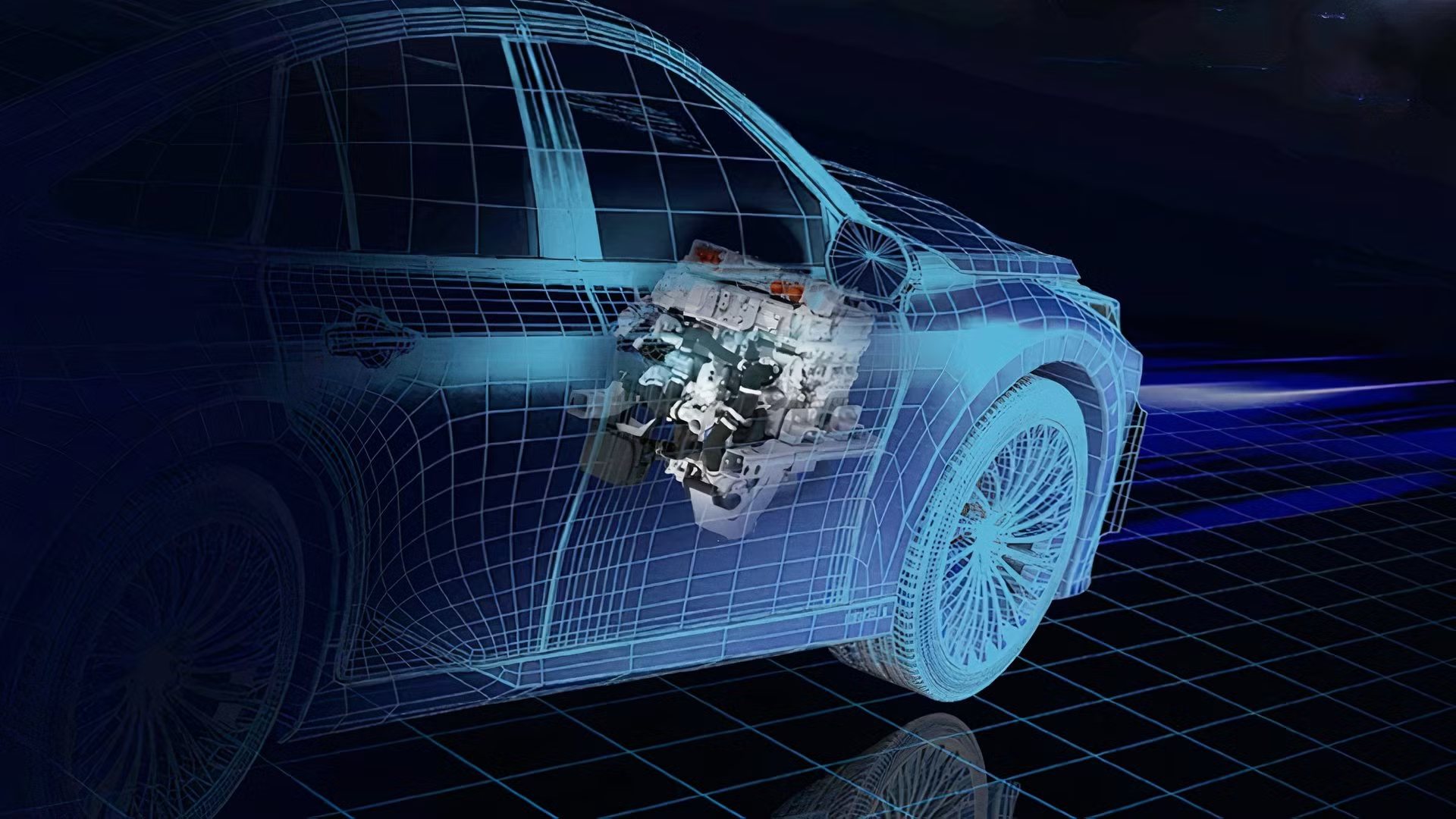Introduction Diesel vehicles have long been favored for their fuel efficiency, durability, and torque-heavy performance. From commercial trucks to powerful SUVs, diesel engines have powered millions of vehicles across the globe. However, with increasing environmental concerns and the rapid advancement of alternative fuel technologies, the question arises: Do diesel vehicles have a future, or are they on the road to obsolescence?
1. Why Diesel Vehicles Have Been Popular
Diesel engines offer several key benefits that have made them a preferred choice for many drivers and industries:
- Superior Fuel Efficiency – Diesel engines consume less fuel per mile compared to petrol engines.
- Higher Torque Output – Ideal for towing and heavy-duty applications.
- Durability & Longevity – Diesel engines tend to last longer with proper maintenance.
- Lower CO2 Emissions Than Petrol – Despite their NOx emissions, diesel vehicles release less CO2 per mile.
2. Challenges Facing Diesel Vehicles
Despite their advantages, diesel vehicles face growing challenges that threaten their future viability:
- Environmental Concerns – High nitrogen oxide (NOx) and particulate emissions contribute to air pollution and respiratory diseases.
- Government Regulations – Many countries are introducing stricter emissions laws and bans on new diesel vehicle sales.
- Electric Vehicle (EV) Competition – The rise of EVs and hybrids is reducing the demand for diesel cars.
- Declining Resale Value – Many buyers are shifting to greener alternatives, reducing demand for diesel-powered cars.
3. Diesel Engine Innovations: A Sustainable Future?
Automakers are investing in cleaner diesel technologies to meet stringent emission norms. Some of these advancements include:
- AdBlue (Selective Catalytic Reduction – SCR) – Uses urea-based fluid to reduce NOx emissions.
- Diesel Particulate Filters (DPF) – Captures harmful particulates before they enter the atmosphere.
- Mild Hybrid Diesel Engines – Combining diesel with hybrid technology for better fuel efficiency and lower emissions.
- Bio-Diesel & Synthetic Diesel Fuels – Renewable alternatives that lower the environmental impact of diesel engines.
4. Diesel Vehicles vs Electric & Hybrid Alternatives
Diesel vehicles are now competing against electrified transportation solutions that promise lower emissions and reduced running costs.
Electric Vehicles (EVs):
✅ Zero tailpipe emissions. ✅ Lower running costs compared to diesel. ✅ Growing charging infrastructure worldwide. ❌ Limited range and long charging times.
Hybrid & Plug-in Hybrid Vehicles (PHEVs):
✅ Combine internal combustion and electric power for efficiency. ✅ Lower emissions compared to traditional diesel engines. ✅ Suitable for urban and long-distance travel. ❌ Still rely on fossil fuels.
5. Are Diesel Vehicles Being Banned?
Many countries have already taken steps to phase out diesel vehicles. For example:
- United Kingdom & France – Ban on new diesel and petrol car sales by 2035.
- Germany – Some cities have implemented low-emission zones restricting diesel vehicle use.
- India – Plans to reduce diesel vehicle dependence by promoting EV adoption.
6. What’s Next for Diesel Vehicles?
While diesel cars may become less common for personal use, they are likely to remain essential for commercial and industrial applications. Future developments may include:
- Hydrogen-powered Diesel Engines – A potential bridge between traditional and zero-emission transport.
- Synthetic Fuels for Diesel – Advanced biofuels that reduce emissions while maintaining diesel efficiency.
- Hybrid Diesel Technology – More automakers investing in diesel-hybrid models to enhance sustainability.
7. Conclusion: Is Diesel Still a Viable Option?
The future of diesel vehicles is uncertain. While their efficiency and power remain attractive, stricter regulations and evolving green technologies pose significant challenges. Diesel engines may persist in commercial and heavy-duty sectors, but for everyday drivers, hybrid and electric alternatives are increasingly becoming the smarter choice.
🚗 What’s your take on diesel vehicles? Do they still have a future, or is their time running out? Let us know in the comments!

